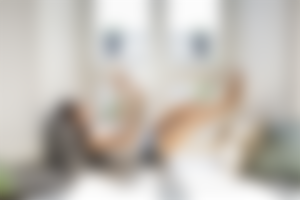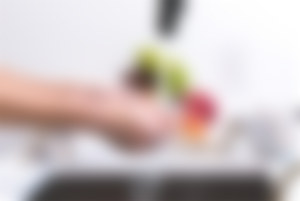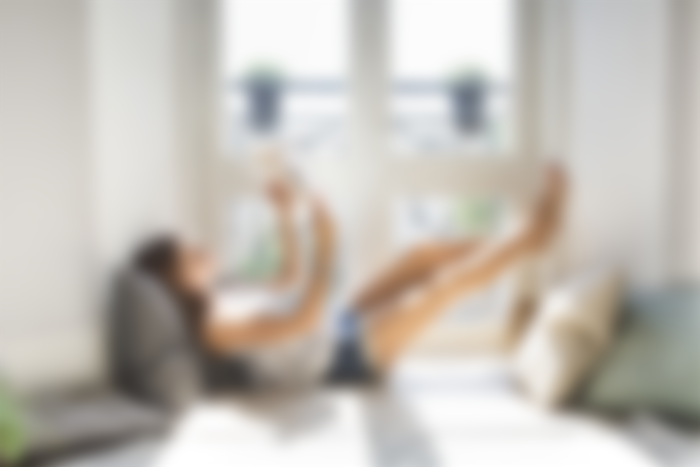How can we write our own wellness story?
I have a post on my social media account where I made a huge sign saying "Health is not commercial". And of course, healthcare is one of the most profitable and always commercial sectors. We cannot keep our basic needs independent of the economy and we receive them as a service or product in return for a price. I'm talking about the supply and demand balance that everyone knows so far. On the other hand, I think that every person's access to health care, unprocessed fresh food, clean tap water, and a sun-drenched house should be free and unconditional. According to my values, a healthy life should not be commercial. Although what I said and wanted was as real and sincere as possible, it does not have a story.
I started reading "Narrative Economics" by Robert Shiller (I haven't seen a Turkish terminology, but I guess I can say "Narrative Economics" for its translation), which for me definitely means getting out of my comfort zone because economics and finance have never been my field of interest. So, why did this book and the name catch my attention?

In addition to being a Nobel Prize-winning economist, he made the introduction in a lecture he gave at Yale University: “It's not about how to make money, it is about making things work” (“Finance is not about how to make money, it's about how things work”) . While the name of the course he gives is Financial Markets (Financial Markets), which has been the subject of this article, I must add that Mr. Shiller is a very good narrator and I would definitely recommend his course. We may find it somewhat naive that I have kept the economy and finance separate from individual health until now. So what is our story that will make things work in the narrative economy? While we continue to study at Yale University to explain why health is not commercial, let's talk about planning our individual health.
My starting point is to create a free or minimal cost health plan for everyone and make it sustainable. What we have for free: Access to basic health information, so we can increase our literacy, what are macro and micro nutrients, hormones and their effects, general anatomy, necessity of movement, how are the internal reflections of a healthy spiritual world, healthy thinking styles, decision making techniques, It is possible to say no, to define boundaries, to define personal space, and most importantly to understand values. It is free to go out in the sun every day, it is possible to drink water every day, it is free to walk, it is possible to get protein within the possibilities and to eat rich in fiber. So far, I have not made a commercial recommendation to you, I have not offered a lifestyle. I left it up to you to plan your own health, I just underlined the basic health principles.
But there is still something missing, right? I didn't put in a magic word, a special cure, a popular diet, a miracle formula, a magic touch.
Then let's start over.
You have emotional eating disorder, especially you have difficulty in managing stress. You cannot balance work and private life, maybe you deepen the stress by not being able to say no. Without realizing it, you find yourself in an endless snacking cycle in the evening. You started running, you see its benefits, but it has turned into a tool that you use to burn what you have eaten for a while. You have also tried to lose weight and control your eating attacks under the control of a dietitian, but you could not catch the feeling of satiety. You are in the same loop. Maybe you are at the moment when you say, “There is no other way”. You don't want to try and fail any more. Maybe it can be a supplement or another simple solution to implement… But changing your habits is not a process that you can manage in your current life cycle.
I'm stopping your story here. I have a few questions:
How did you 7-year-old cope with stress? What were you doing? A more important question: What kind of energy was dominant in the family environment? How did family members manage stress?
How did you 17-year-old deal with stress? How did you decide to choose the teaching and training that will form the foundation of your career, especially with the university entrance exams approaching? Did your family interfere with your decision?
Did your stress decrease or increase when you completed the difficult parts - such as winning university, finishing, starting a business life? How did you 27-year-old deal with stress?
Let's come to this moment… When did emotional eating disorder start in your personal history, are you aware of it? Do you remember your feelings when it started? The event or trauma you experienced is not important, how do you feel? How did it make you feel when you first experienced it? When you look at the trauma you experienced or the events that became a problem, do you observe the following: Actually, you are in a situation that you do not want to be, you could not say no because you could not analyze the situation well, you realize when you are in the event.

Shall we start learning now?
I have given an example, I would wish that the person experiencing such an example would receive counseling, not support, from a psychologist, or if this was our study session, I would definitely want it.
Although I have an idea about acting here, finding the balance between mental health, physical health, nutrition and habits, it would be healthier with a discipline, namely psychology or psychiatry, to analyze the situation, set boundaries, learn to cope with stress and maybe change the thought patterns. This is a learning.
The process up to the counseling proposal can be a free working method in which the person checks their individual health. Storytelling is more helpful in understanding cycles, I think. On the other hand, sun and walking are still free.
Let's start over, shall we?
Let's write our own story.

